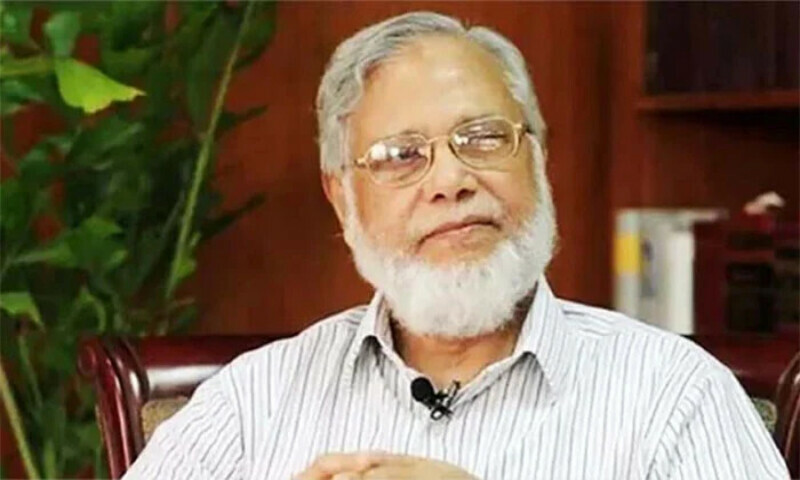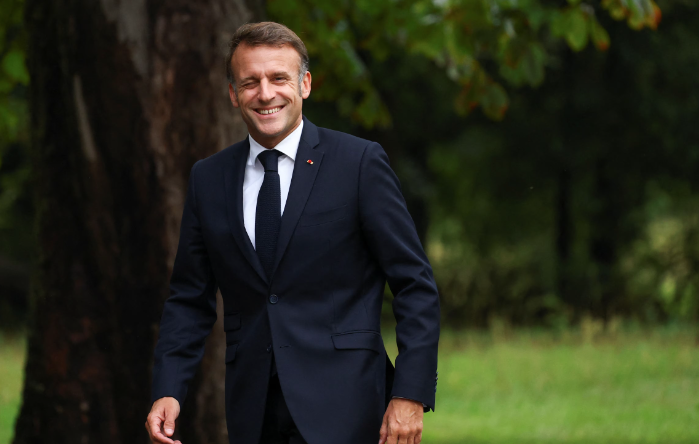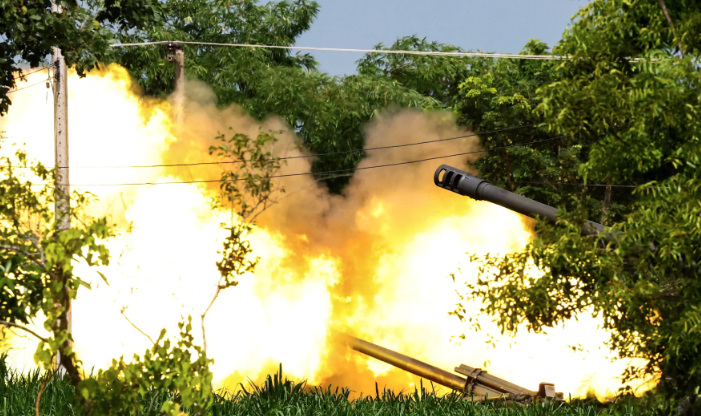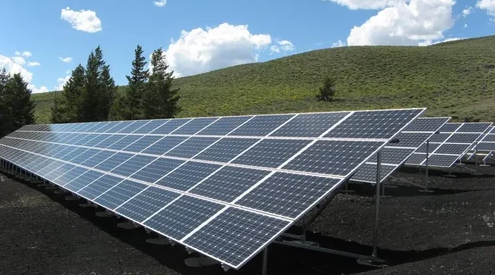WORLD NEWS
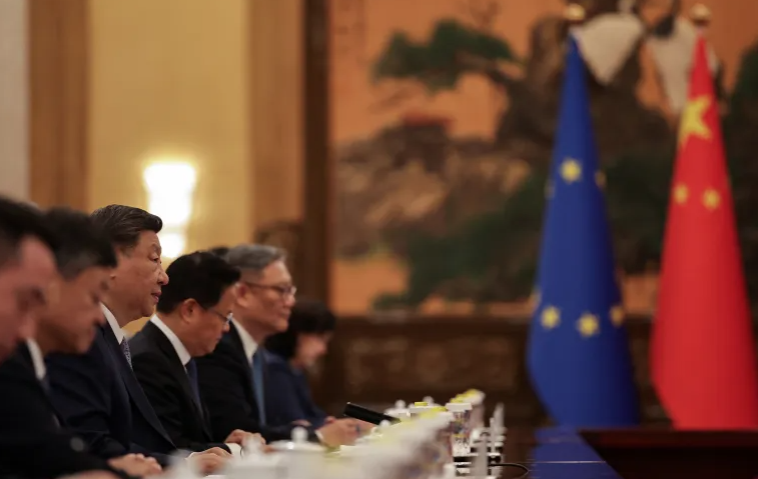
Chinese President Xi Jinping has called on the European Union to make the "correct strategic choices" during a pivotal summit with top EU officials in Beijing, as relations remain strained over trade, Ukraine, and global alliances.
The meeting between Xi, European Commission President Ursula von der Leyen, and European Council President Antonio Costa marked the 25th EU-China Summit and comes at a time of deep divisions.
Xi emphasized that Europe's current challenges "do not come from China," urging leaders to avoid isolationist policies. “Improving competitiveness cannot rely on building walls and fortresses,” he said. “Decoupling and breaking chains will only result in isolation.”
Trade Deficit & Economic Tensions
A key point of friction is the EU’s massive trade deficit with China, which reached a record €305.8 billion in 2024. Von der Leyen called for “real solutions,” noting that “as cooperation has deepened, so have imbalances.”
Xi urged the EU to “adhere to open cooperation” and avoid restrictive trade practices. The EU has launched investigations into Chinese subsidies, especially in the electric vehicle sector, citing overcapacity and unfair competition.
While no major trade deal was signed, both sides agreed to maintain dialogue on rebalancing trade and signed a limited climate cooperation agreement focusing on carbon markets, methane emissions, and green tech.
Ukraine War & Geopolitical Divide
Another contentious issue is China’s continued closeness to Russia amid its ongoing war in Ukraine. EU leaders, especially Costa, pressed Beijing to use its influence to help end what they termed Russia’s "war of aggression."
China has maintained a neutral stance but continues its economic partnership with Moscow, drawing criticism from European capitals. The EU recently sanctioned two Chinese banks for facilitating Russian transactions, prompting Beijing’s sharp response.
Global Implications
This summit is viewed as part of China’s attempt to stabilize relations with the West amid growing US-EU cooperation. The EU is reportedly finalizing a tariff deal with the US at 15%, avoiding Trump-era threats of higher levies, while US-China trade talks remain tense.
Analysts say that while the EU will continue to strengthen transatlantic ties due to shared security interests in NATO, China remains a key player in the economic equation.
“Brussels will not be pushed closer to Beijing,” said Gunnar Wiegand of the German Marshall Fund, “but China will definitely factor into EU-US trade calculations.”
